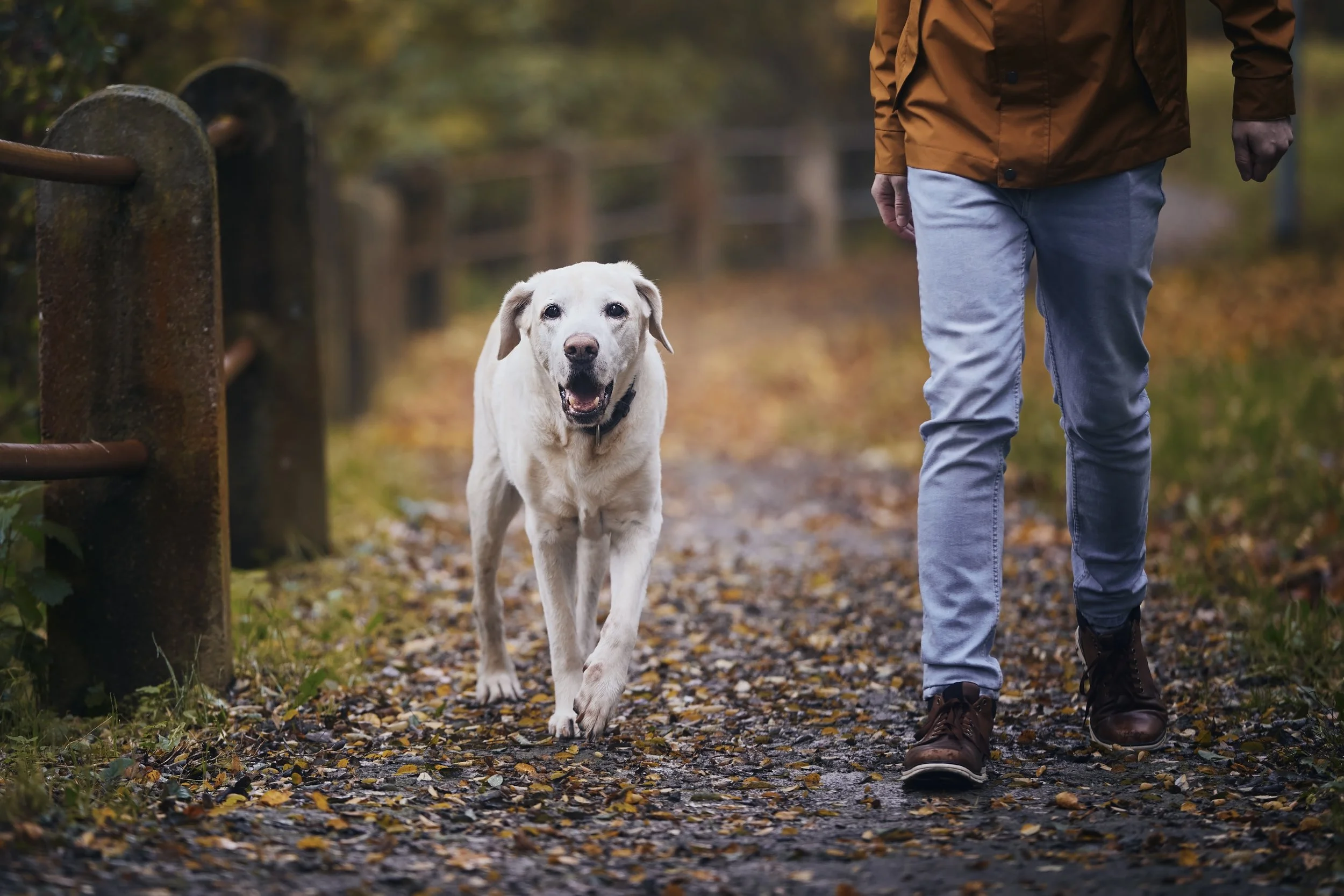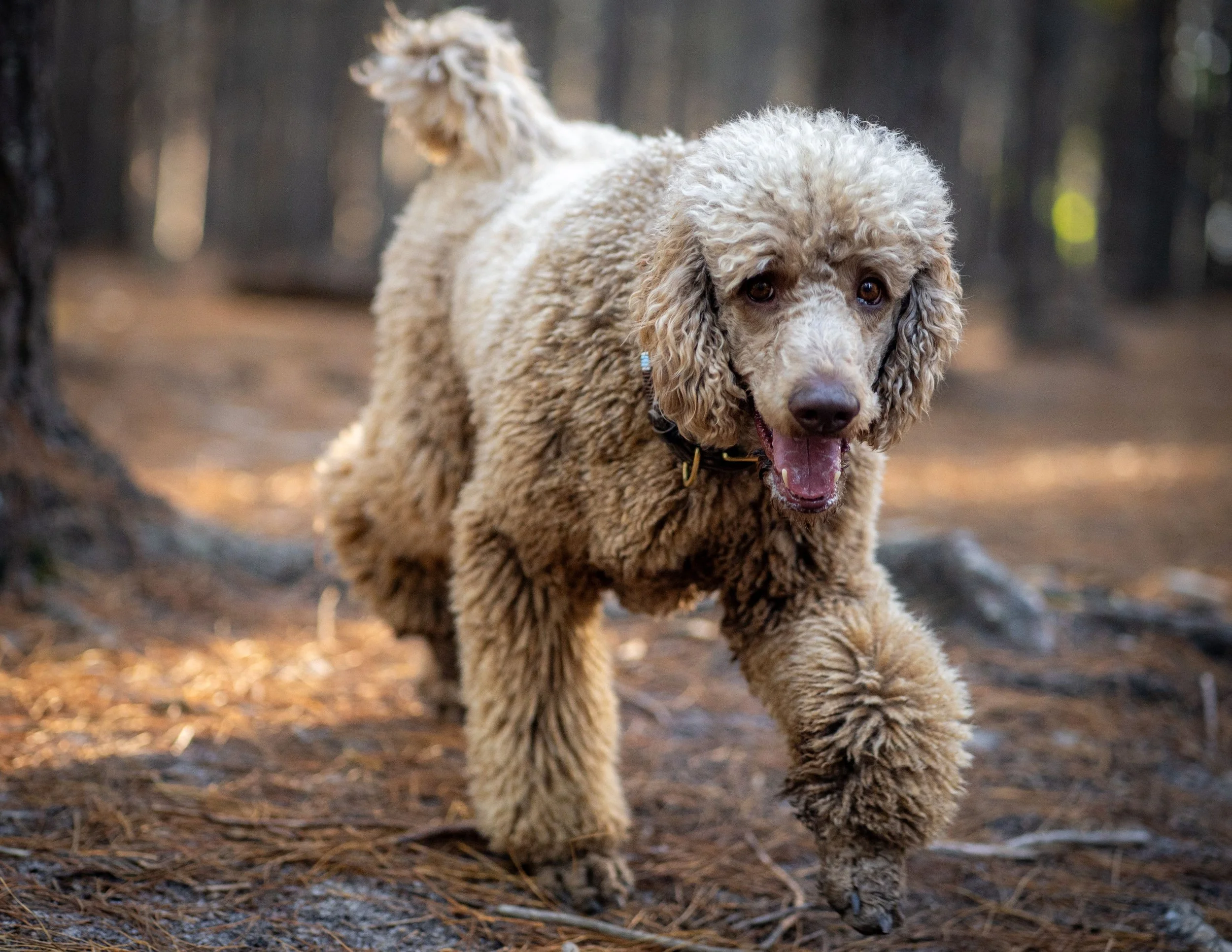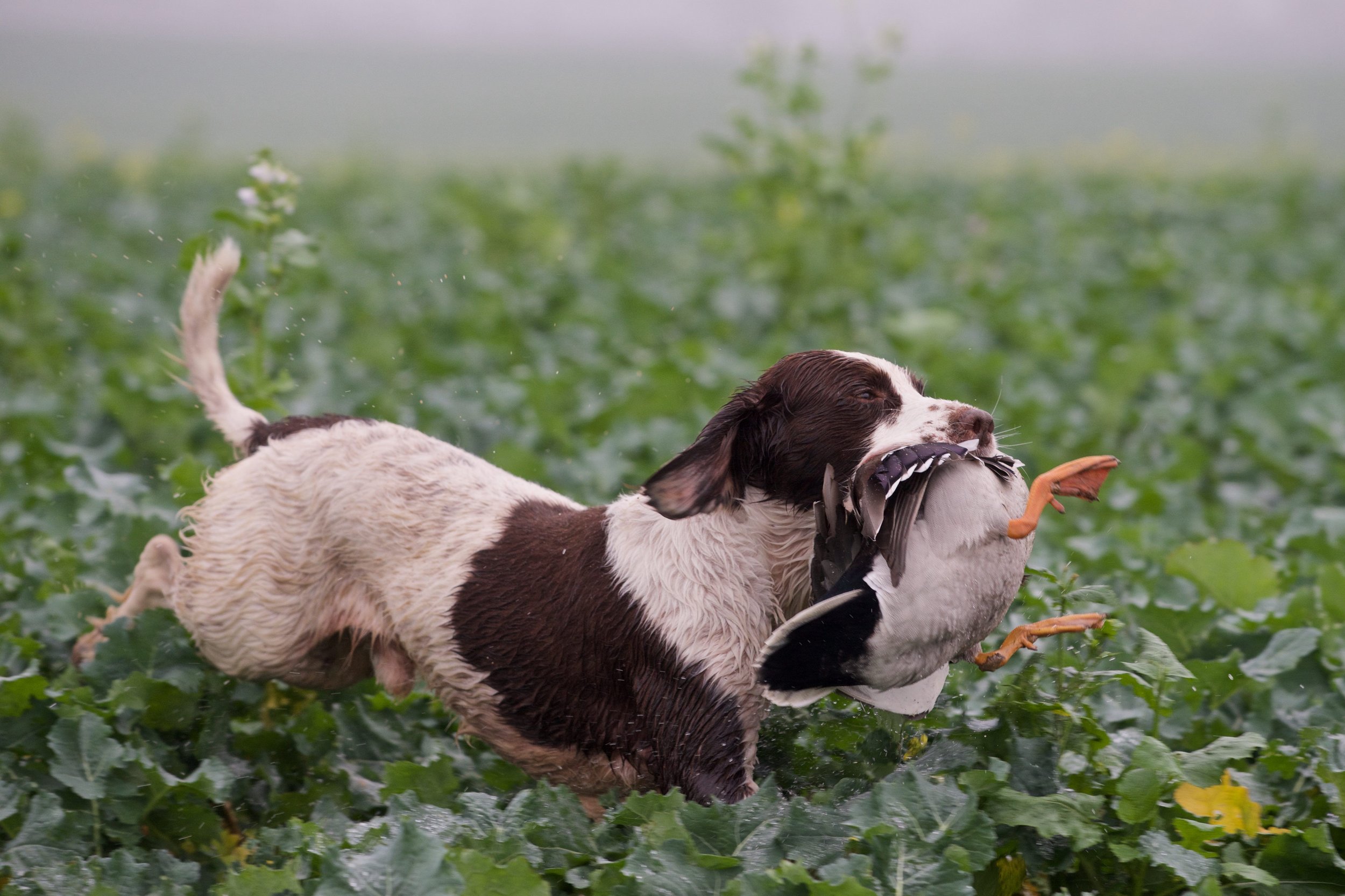Best Hunting Dog Breeds: Find Your Perfect Companion
Are you in search of a loyal and skilled hunting partner? In this guide, we explore top hunting dog breeds for various game, helping you choose the right one for your needs. We also discuss their temperament and compatibility, along with tips on caring for their health and nutrition. Let's discover the best hunting dog breed to be your perfect hunting companion.
Why Choose a Hunting Dog Breed?
Hunting dog breeds are a popular choice for avid hunters due to their unique traits and abilities. These dogs possess skills that make them invaluable in the field.
One key advantage is their exceptional senses. Their acute sense of smell allows them to track scents over long distances, making them proficient at locating game. Their keen eyesight and hearing help detect even the slightest movement or sound, giving you a clear advantage during a hunt.
Hunting dog breeds also have a strong instinct for hunting. Generations of selective breeding have honed their natural abilities, making them highly efficient in locating and retrieving prey. Whether you're hunting birds, rabbits, or larger game, a hunting dog breed will excel in helping you bring your game home.
These dogs are not only skilled hunters but also loyal and dedicated companions. Their high energy levels and strong work ethic make them ideal for long hunts, and their intelligence and trainability allow them to quickly learn and follow commands.
When selecting a hunting dog breed, consider your specific needs. Different breeds excel in different types of hunting, whether it's waterfowl hunting, upland game hunting, or tracking wounded game. Understanding your hunting style will help you choose a breed suited to your needs and preferences.
Top Hunting Dog Breeds for Various Game
Having the right dog by your side can make all the difference in hunting. Different game requires different hunting dog breeds, each with unique skills and characteristics. Here are the top hunting dog breeds for waterfowl hunting, upland bird hunting, and tracking game.
Best Hunting Dog Breeds for Waterfowl Hunting:
Waterfowl hunting often takes place in wet and marshy environments, so a dog with excellent swimming abilities is essential. The Labrador Retriever is a popular choice due to their love for water, strong retrieving skills, and ability to withstand cold temperatures. Another great breed is the Chesapeake Bay Retriever, known for their endurance, strength, and ability to handle rough waters.
Top Hunting Dog Breeds for Upland Bird Hunting:
Upland bird hunting involves covering a lot of ground in search of game birds like pheasants and quails. Breeds like the English Springer Spaniel and the Brittany are highly recommended. These breeds are known for their agility, stamina, and strong scenting abilities, making them excellent partners for upland bird hunting.
Recommended Hunting Dog Breeds for Tracking and Trailing Game:
For tracking and trailing game, you need a dog with a keen sense of smell and the ability to stay focused. The Bluetick Coonhound and the Beagle are exceptional breeds for this type of hunting. They possess an incredible sense of smell, perseverance, and determination, making them ideal for tracking and trailing game.
Choosing the Right Hunting Dog Breed for You
Having the right hunting dog by your side can make all the difference. Here are some factors to consider when selecting a hunting dog breed:
Size: Depending on your hunting style and the terrain, you may need a smaller or larger dog breed.
Temperament: Look for a breed with the right blend of intelligence, trainability, and drive to excel in hunting activities.
Coat Type: Consider the climate and weather conditions you'll be hunting in. Some breeds have thick coats that can withstand colder temperatures, while others have shorter coats suitable for warmer climates.
Matching hunting dog breeds with your hunting style and terrain is crucial. Whether you're an upland bird hunter, a waterfowl enthusiast, or a big game hunter, there's a breed tailored to your specific needs.
Hunting Dog Breeds: Temperament and Compatibility
Considering the temperament and compatibility of hunting dog breeds is essential when choosing your hunting companion. Different breeds have characteristics suitable for specific types of hunting activities.
Temperament characteristics vary among breeds. Some are high-energy with intense drive, while others are more laid-back. For example, the Labrador Retriever is known for its friendly and outgoing nature, making it great for families. The German Shorthaired Pointer is versatile with a strong hunting instinct and high endurance, suitable for active individuals who enjoy long hunts.
Matching a hunting dog breed with your lifestyle and hunting preferences is crucial for a successful partnership. If you're an avid waterfowl hunter, the Chesapeake Bay Retriever, known for its swimming abilities, may be perfect. For upland game hunting, the English Setter, which excels in locating and pointing game birds, might be more suitable.
If you have multiple pets, consider the compatibility of hunting dog breeds with other animals. Breeds with a strong prey drive, like the Jack Russell Terrier, may not be suitable for households with small animals. Introduce any new hunting dog breed to your existing pets gradually and under supervision to ensure harmony.
Caring for Your Hunting Dog Breed: Health and Nutrition
Proper care and nutrition are essential for the optimal health and performance of hunting dog breeds. Active hunting dogs have unique nutritional needs that must be met to support their energy levels and well-being.
Providing a balanced diet that meets their specific requirements is key. High-quality dog food formulated for active dogs contains the necessary nutrients, vitamins, and minerals. Look for options that include protein sources like chicken, turkey, or fish, and healthy carbohydrates like brown rice or sweet potatoes.
Regular veterinary check-ups, vaccinations, and preventive treatments for parasites are crucial. Maintain a clean and safe living environment, provide regular exercise, and monitor for any signs of illness or discomfort.
Exercise and grooming routines are vital for your hunting dog's well-being. Regular exercise keeps them fit, maintains muscle tone, and prevents obesity. Activities like running, swimming, and retrieving provide physical exercise and stimulate their hunting instincts.
By providing proper nutrition, regular veterinary care, and exercise, you can ensure your hunting dog stays in excellent condition and is ready for the challenges of the hunt.






















